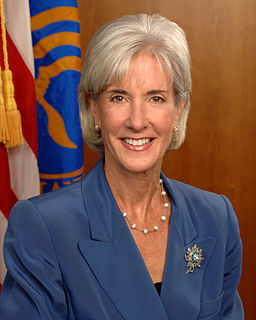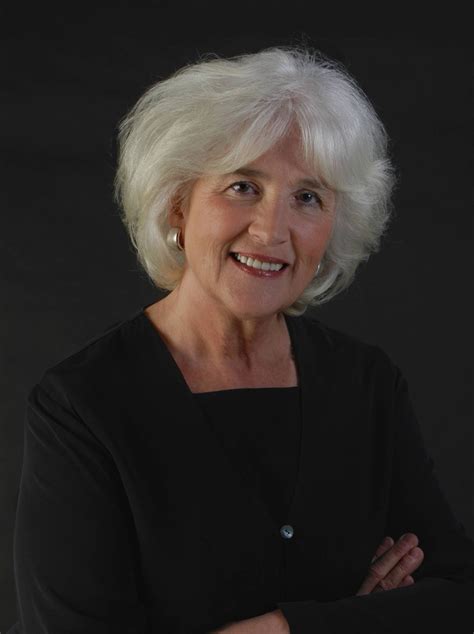A Quote by Abiy Ahmed
Our lifestyle is deeply communal, with extended families traditionally sharing the burdens and bounties of life together, eating meals from the same plate.
Related Quotes
Extended families have never been the norm in America; the highest figure for extended-family households ever recorded in Americanhistory is 20 percent. Contrary to the popular myth that industrialization destroyed "traditional" extended families, this high point occurred between 1850 and 1885, during the most intensive period of early industrialization. Many of these extended families, and most "producing" families of the time, depended on the labor of children; they were held together by dire necessity and sometimes by brute force.
We are deeply saddened by the tremendous loss of life and devastation caused by Hurricane Katrina, .. Starbucks has a long tradition of striving to bring together people and communities where we do business. We extend our heartfelt condolences to the bereaved families and many others impacted by this natural disaster; our prayers and thoughts are with all the families who have lost loved ones.
A multitude of uniform, unidentifiable houses, lined up inflexibly, at uniform distances, on uniform roads, in a treeless communal waste, inhabited by people of the same class, the same income, the same age group, witnessing the same television performances, eating the same tasteless prefabricated foods, from the same freezers, conforming in every outward and inward respect to the common mold.
Delirious as it can be, sex is only one kind of intimacy, and yet has become the cultural catchment area for all kinds of needs because our understanding of intimacy is so poor. Brutal work schedules, related geographic isolation, and the concomitant fracturing of families has meant that there is little time for intimacy, and even less to teach the necessary skills. But intimacy, the axis of romance, is slow, based on the sharing of a life rather than show. In terms of intimacy, folding laundry together or sharing the feeding of a child can have more impact than the most extravagant bouquet.
The Savior’s words are simple, yet their meaning is profound and deeply significant. We are to love God and to love and care for our neighbors as ourselves. Imagine what good we can do in the world if we all join together, united as followers of Christ, anxiously and busily responding to the needs of others and serving those around us — our families, our friends, our neighbors, our fellow citizens.
In every community in Illinois, same-sex couples have chosen to join together and, in many instances, to raise families of their own. These couples are our relatives and friends, our neighbors, co-workers and parents of our children's classmates. They deserve the same rights and responsibilities that civil marriage offers straight couples.

































